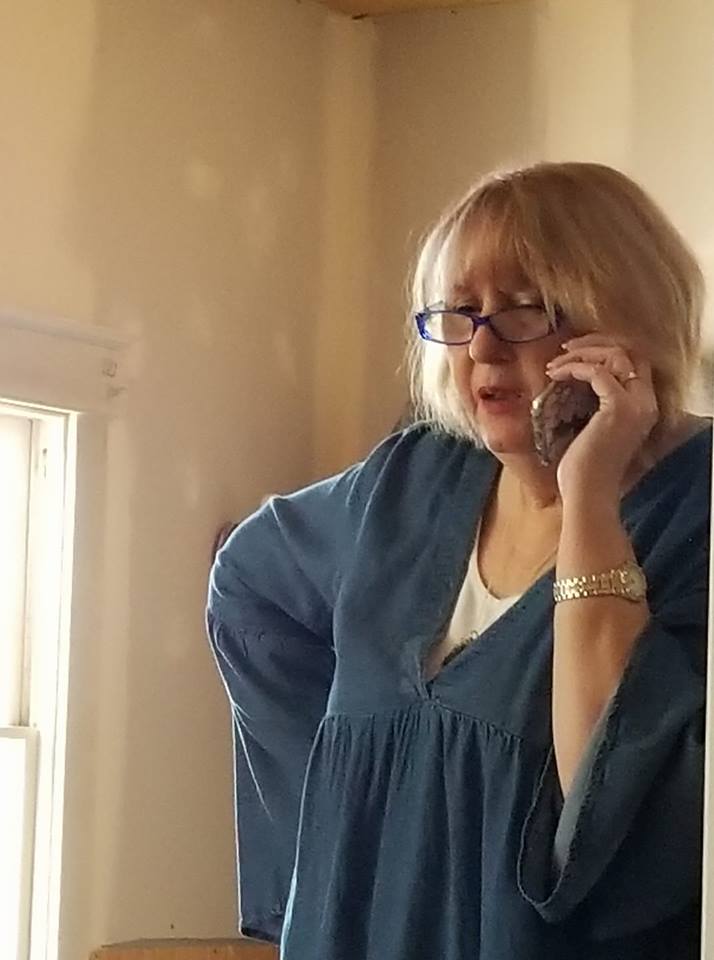One of the first things I am always asked by clients who are going through the loss of a loved one is how long will this last? How long will I feel so lost, sad and devastated while grieving a loss?
Well, let me explain this to you. There are many different variations of death and grieving. There is a tragic death, a long death process, a death of a friend, a family member, a close family member, so it really depends on the person and the situation. There are approximately seven major stages to the grieving process. One cannot say how long this progression can take, it really depends on the individual and the situation.
The grieving process could be based on the type of loss. Grieving a loss that was expected is quite different from grieving an unexpected loss. When we expect a loved one to pass, we almost always begin grieving before they actually die. We will watch them get weak and deteriorate in front of us. So we begin going through some of the stages of grieving before they even pass. When someone unexpectedly dies, we do not have the chance for goodbyes. When someone dies violently or commits suicide the grieving process could include denial, questioning why and how could have this happened. Experiencing bouts of anger and guilt is part of the grief stages and can become difficult. This could impact the length of the grieving process especially if we become stuck in one or more of the stages.
Grieving a loss is different for each person. It really depends on the individual and the situation. Some people may have good days and bad days, while others cannot get past the pain, become very depressed and can’t seem to find a good day in sight.
Whatever the situation may be, it is always important to talk to a spiritual adviser, a therapist and even your clergy. Allow someone to help you; reach out, talk about your feelings, and never hold the grieving inside, especially if your grieving is severe and you just can’t seem to get through the day without spells of crying, depression, or severe overwhelming feelings of sadness. So, reach out and talk to someone. Let them know what you are going through. Never feel embarrassed or to prideful, remember you are not alone in this. You are feeling what millions of people have felt and will continue to feel.
Here are the 7 Stages of Grief:
- Denial and Shock – This may last for weeks. Denial is a way for you to avoid the real pain. Shock protects you from being overwhelmed all at once.
- Pain and Guilt – As the denial and shock starts to wear off, then the suffering of unbearable pain begins to set in. You must experience this, as excruciating as it is, face it head on. Do not try to avoid it and do not numb this with drugs or alcohol. You may also start feeling guilt; thinking of the things should have said or could have done, asking yourself if it would have changed the situation.
- Anger and Bargaining – Your frustration evolves into anger and you start lashing out at loved ones around you, needing to blame someone. This must be controlled. Do not allow this to happen, it could cause problems in your relationships. This is when you start releasing all that bottled up anger. Bargaining comes into play and you begin to promise God ‘if you bring them back I will never drink again,’ or just give me one more day with them.
- Depression, Reflection and Loneliness – Just when you and the people around you think you’re getting better, all of a sudden you have a long bout of depression again that seems to overtake you. This normally only lasts for a short period of time. You need to feel and go through this. Don’t be talked out of your feelings, roll with it. This is very healing and a big part of the grieving process. This is the point where it hits you, the true magnitude of the loss you have experienced. You may step away from friends and family for a short period to feel and reflect on the memories, the good times. This will pass and allow you to move on to the next process.
- The Upward Swing – Life starts getting clearer, you’re adjusting to life without your loved one, you’re moving on, the sadness and depression starts to diminish.
- Working Through and Rebuilding – As life seems to settle back into your usual routine, your mind starts to feel normal. You can feel again, you are able to problem solve now, you start rebuilding your life, you can work on projects again, such as financial, work, home and just everyday life without the overwhelming feeling of loss and despair. Life is moving on without your loved one.
- Acceptance and Hope – This is the last of the grieving process. You are now dealing with this huge loss of a loved one, you are now accepting that your life must go on, and you are allowing yourself to feel happiness. All the pain and severe heartache seems to be behind you now. Life is getting back to normal. You have your life back. You are now looking forward to your life events and what the future holds for you. You begin planning ahead. You’re looking forward to being around and interacting with your loved ones.


